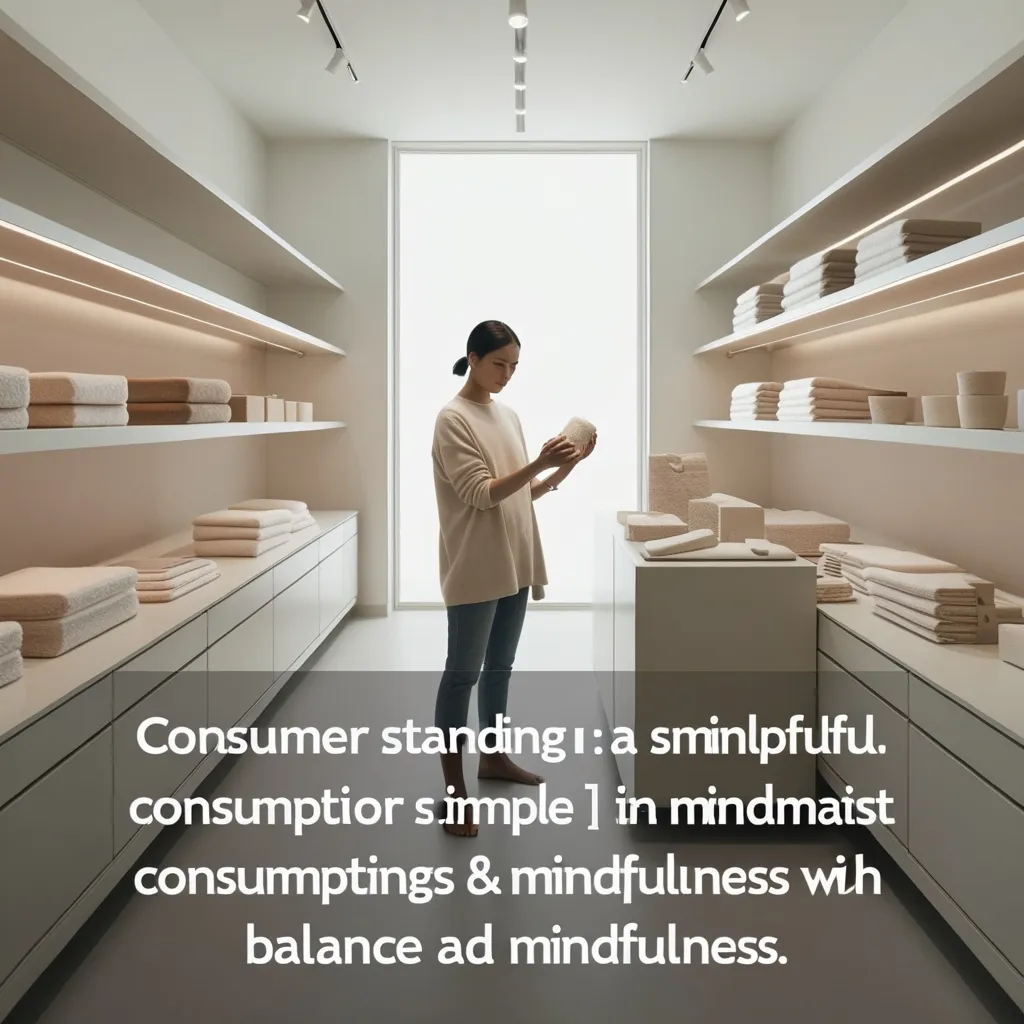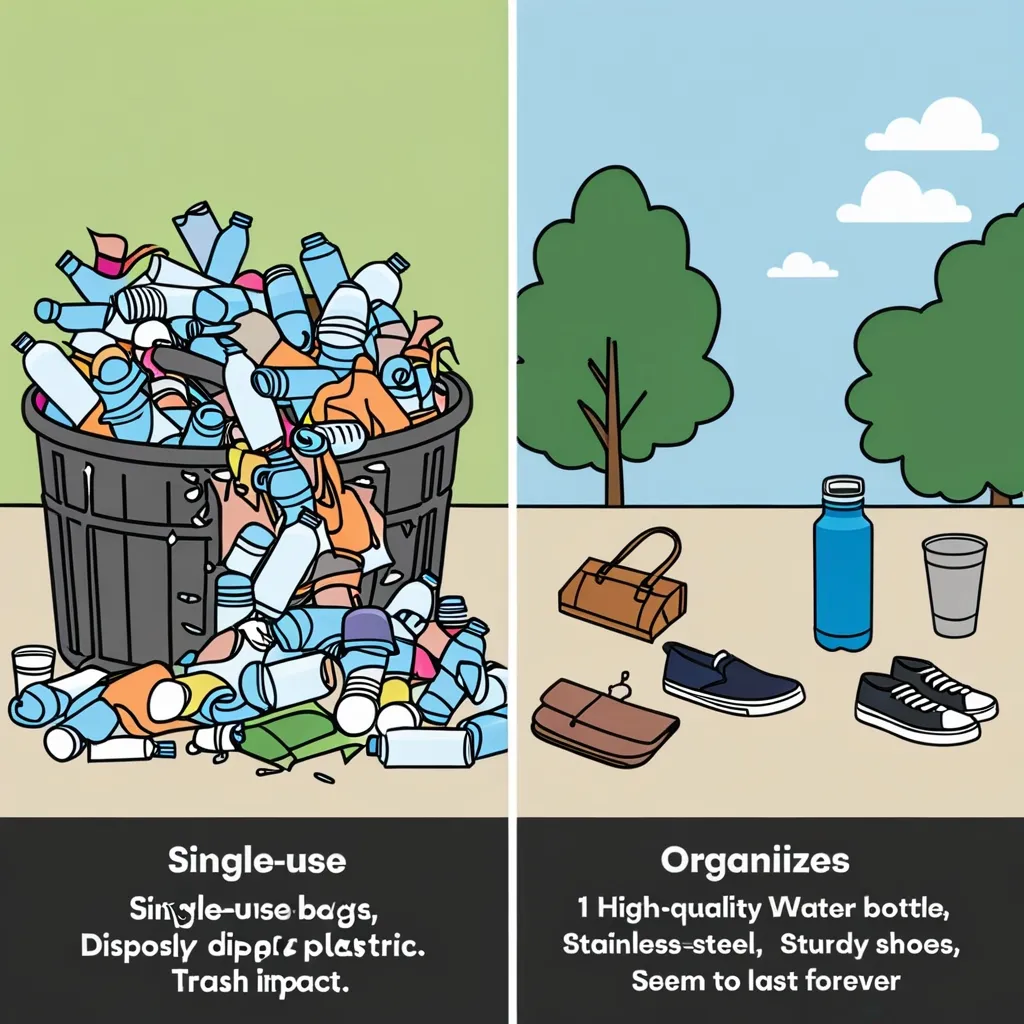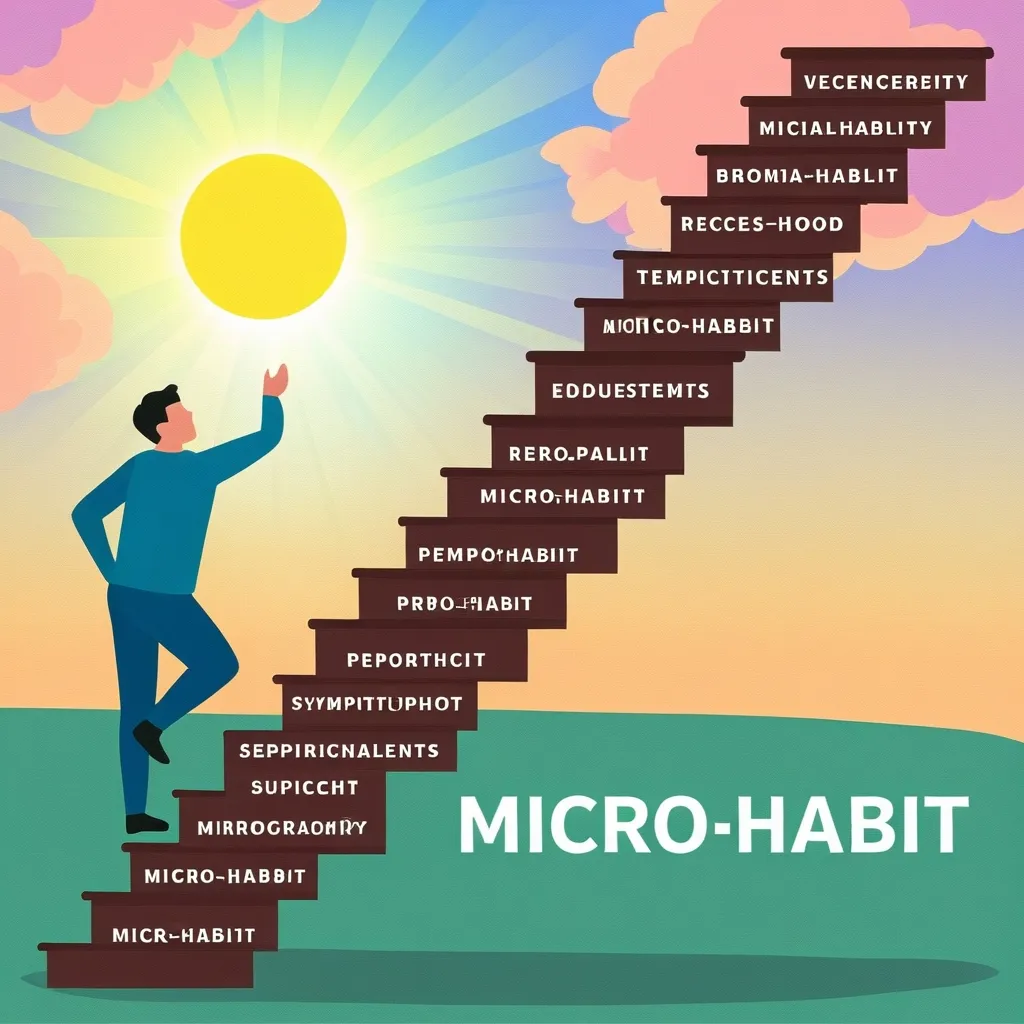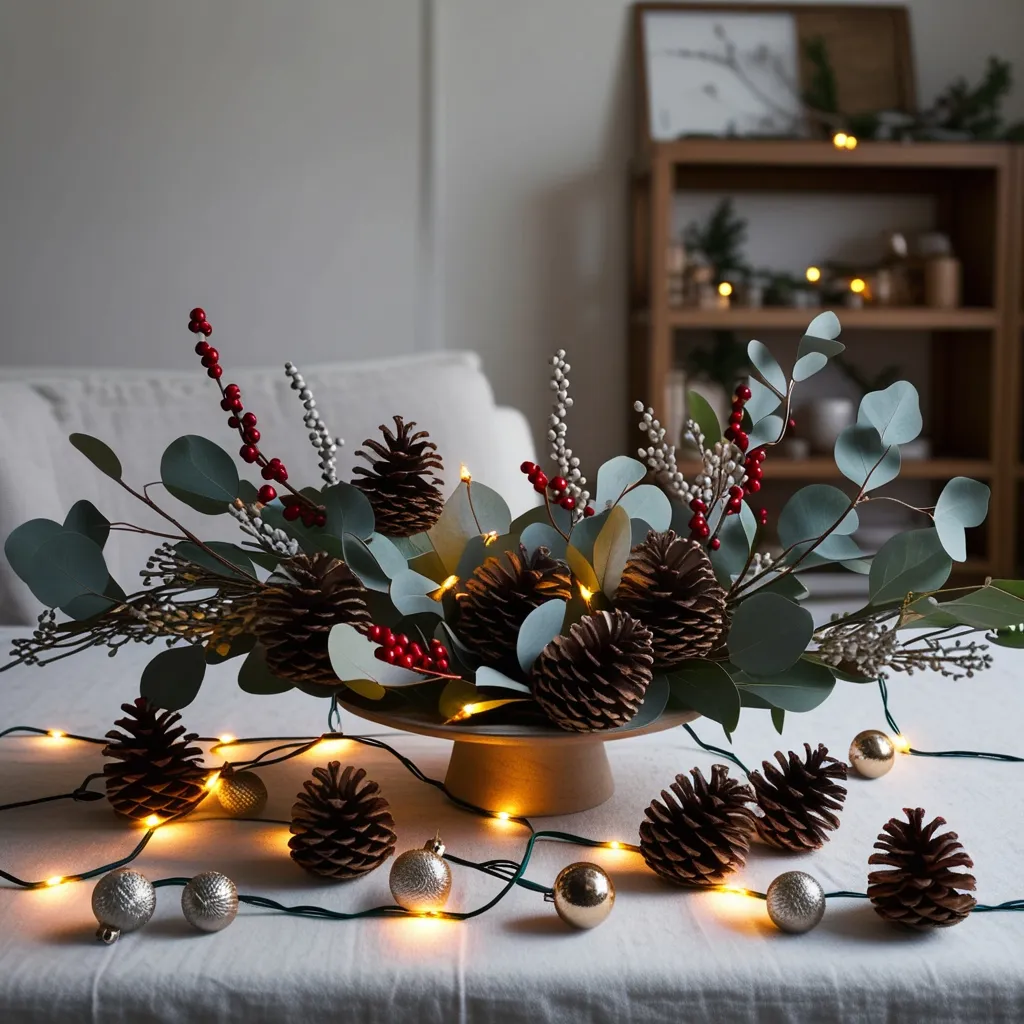In this crazy fast-paced world we’re living in, where consumerism is running wild, the idea of mindful consumption is catching on. It’s all about being more conscious of what you’re buying and how your everyday habits affect the environment, society, and your own well-being. It’s a sort of wake-up call to start questioning your buying decisions and their long-term impact.
When we talk about mindful consumption, we’re really diving into making choices that match our core values. Instead of giving in to the constant temptation to buy more, it’s about figuring out what genuinely brings value to our lives. Picture yourself in a store, surrounded by ads and products screaming for your attention. That urge to buy can be super strong, but mindful consumption is like taking a deep breath and asking yourself, “Do I really need this?” “Will this make me happy for longer than a day?” “What’s the environmental cost of this item?” Simple questions, but they can totally change your decisions.
Consumerism is like a sneaky way to fill gaps we feel inside—whether it’s a hunt for happiness, a need to fit in, or just chasing that childhood excitement. Spoiler alert: material things rarely fill those gaps. They can actually lead to a cycle of wanting more and feeling less satisfied. Acknowledging these emotional triggers can help you break free from mindless spending.
Take the holiday season, for example. It’s easy to get swept up in the frenzy of buying gifts. But with mindful consumption, you might rethink the whole gift-giving thing. Are these gifts really thoughtful, or are they just ticking a box because society says you should give gifts? Focusing more on meaningful experiences and connections can flip the script on your holiday season.
So how do you actually start practicing mindful consumption? Let’s break it down:
First, getting rid of clutter is a game-changer. Every now and then, take a look at your stuff and figure out what can be donated, sold, recycled, or upcycled. It’s all about promoting a circular economy and appreciating what you already have. Clearing out the unnecessary makes room for what truly matters.
Next up, secondhand shopping is your new best friend. It’s not just about landing unique finds but also about supporting local businesses and saving some cash. Plus, it’s a whole lot more sustainable. You never know what hidden gems you might stumble upon in a thrift store.
Impulse buys are pretty much the enemy of mindful consumption. Before clicking that “Buy Now” button, take a pause. Think about whether you really need that item and how long you’ll actually use it. Go for quality over quantity. Focus on things that are long-lasting and genuinely valuable to you.
Supporting local and sustainable brands is crucial. These businesses usually prioritize ethical sourcing, eco-friendly practices, and community support. By choosing them, you’re reducing your environmental footprint and promoting a fairer society.
Prioritizing experiences over material goods can be a game-changer too. When you’re traveling or celebrating, think about creating memorable experiences rather than loading up on souvenirs. It’s less about stuff and more about living those moments.
Awareness really is key. Keeping track of your spending can help you spot patterns and make better decisions. Maybe start a journal or just keep an eye on your credit card statements. That awareness can seriously transform your habits. For instance, if you find you’re buying clothes on a whim, take a deeper look. Is it social media pressures? Or trying to fill some void? Knowing your motives can help you resist those urges and make more mindful choices.
Now, let’s be real. Shifting to mindful consumption isn’t always a walk in the park, especially when society is constantly nudging you to buy more. But small steps can make a big difference. Focus on one mindful choice at a time and gradually extend it across different parts of your life. Staying informed about sustainability and ethical issues helps too. You can even push for policy changes that promote transparency and accountability.
Minimalism often goes hand-in-hand with mindful consumption, but it’s about more than owning fewer things. It’s about living intentionally and focusing on what truly adds value to your life. Imagine your home reflecting your essence. Each item should have a purpose or bring joy. Minimalism isn’t about deprivation; it’s about living authentically.
Building a community of like-minded folks can be a huge support. Changing your consumption habits takes effort, and it’s easier with a bit of encouragement and accountability. Join online forums, local groups, or social media communities that share your values. They often offer great tips, personal stories, and resources to keep you motivated.
Mindful consumption isn’t a destination, it’s a journey. It’s about making informed choices that reflect your values and contribute to a sustainable future. By paying attention to your consumption habits and their impact, you can create positive change—one mindful decision at a time.
Incorporating mindful consumption into daily life can lead to a more intentional and fulfilling way of living. Don’t strive for perfection—aim for progress. Each small change you make adds up in the larger movement towards sustainability and ethical living.
So next time you’re about to make an impulsive buy, take a sec to reflect. Ask yourself if you really need it and if it aligns with your values. By doing this, you’re not just reducing your environmental impact—you’re making your life richer and more intentional.






